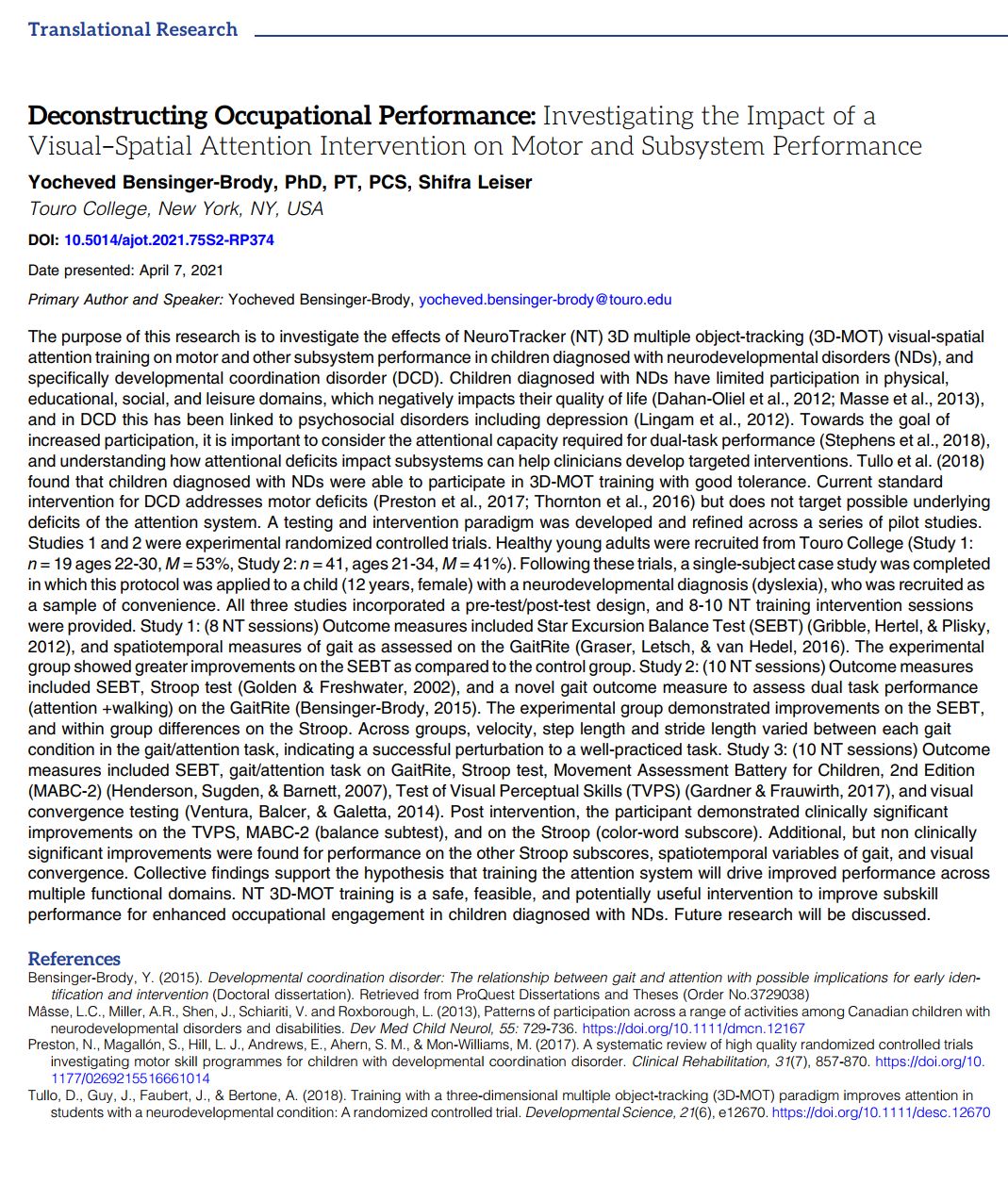Welcome to the Research and Strategy Services at in today's fast-paced.


It’s no secret, we have a short attention span. Our struggle to focus is partly due to an insatiable appetite to stay connected. Just simply reflect on how we’re constantly glued to or checking our smartphones. But, is our thirst to stay up to date harming us? A lot of people have already reported that their smartphone addiction is making them increasingly hyperactive and distracted.
There is also mounting evidence that it’s aiding the demise of our relationships. Now, due to our smartphone use, scientists have discovered that even a goldfish can hold a thought for longer than we can!
In the study, researchers surveyed 2,000 participants in Canada and studied the brain activity of 112 others using electroencephalograms (EEGs). The study split attention into three categories: sustained (attention is maintained over long periods of repetitive activity), selective (attention is maintained despite distractions) and alternating (attention can be shifted between tasks).
The findings revealed that the average human attention span is now eight seconds. Back in 2000, or around the time the mobile revolution began, it was twelve seconds. Goldfish, on the other hand, are believed to have an attention span of nine seconds.
The scientists accredit our inability to focus on an increasingly digitized lifestyle. Our thirst to consume all sorts of media on multiple devices is diminishing our long-term focus. The study found that 44% of Canadians have to “concentrate hard to stay focused on tasks.”
In addition, 45% get “side tracked from what they’re doing by unrelated thoughts or day dreams.” It appears that heavy multi-screeners find it difficult to filter out irrelevant stimuli, meaning they’re more easily distracted by multiple streams of stimuli.
Heightened Multi-Tasking Abilities
On the other hand, the study did find that our ability to multi-task has improved. Heavy social media users had more intermittent bursts of high attention. They were better at identifying what they did and did not want to engage with.
As a result, they needed less to process and commit things to memory. The scientists theorized that the improved ability to multi-task is due to the brain’s ability to adapt and change.
A researcher from the University of Western Ontario pointed out that the more we feed our brains, the hungrier it gets. For instance, watching a series or movie on television used to be entertaining enough.
But, with the introduction of laptops and smartphones, a lot of us now surf the web, or check our social media accounts while watching television. Digital technologies dovetail seamlessly into the information processing abilities of our brain, feeding our brains an ever-expanding diet.
It’s clear that we may be allocating our attention differently to accommodate different technologies. That being said, it does not mean the way our attention can function has actually changed. NeuroTracker, however, uses 3D multiple object tracking to train and improve attention. Its goal is to help individuals direct their attention to relevant information, ignore distracting events and distribute attention among multiple stimuli.
You can also consider unplugging and keeping your digital devices out of reach once in a while. Our brain, after all, can only take so much focus. Excessive focus can drain your energy and make you lose self-control. Unplugging can even foster agility and creativity. Ready to give your brain a mini vacation?








Welcome to the Research and Strategy Services at in today's fast-paced.

An evidence-based discussion of whether activities like crosswords and Sudoku meaningfully improve brain health, clarifying what they support, what they do not, and why benefits are often misunderstood.

Check out these excellent insights on the role of neuroscience in sports performance.

Learn about your brain's remarkable neuroplasticity.
.png)